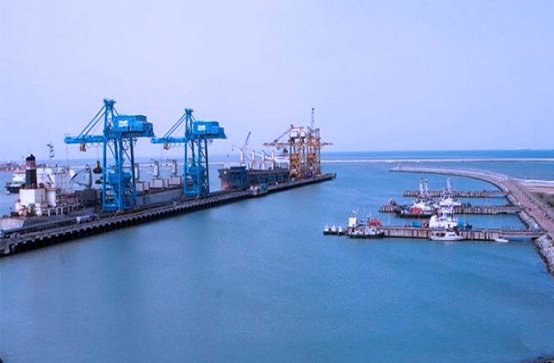

Many ports have switched to the landlord model, indicating the growing privatisation of the shipping industry. To help boost confidence in the sector, the Ministry of Ports, Shipping and Waterways developed the SAROD-Ports (Society for Affordable Redressal of Disputes – Ports)- dispute redressal portal in 2020. (SAROD-Ports) is a society that was officially established on September 9, 2020, by the then Hon. Minister of Shipping Shri Mansukh Mandaviya, and registered in Delhi on January 30, 2020, in accordance with the Societies Registration Act, 1860. It is made up of representatives from the Indian Private Port Terminal Association (IPPTA) and the Indian Ports Association (IPA).
Its purpose is to provide assistance and guidance through arbitration of the disputes occurring in the maritime industry. This includes the Ports and Shipping industry in Major Port, Non-major Ports, private ports, jetties, terminals, and harbours. This will align the interest of the public and private sector from conflict of interest and save huge amounts of legal expenditure and time.
Objectives of the policy:

The purpose of arbitrators in SAROD-Ports is to expedite infrastructure development and expansion by offering just, equitable and quick processes for the arbitration of disputes. Since concessionaires and contractors are crucial to the construction of infrastructure and the nation’s rapid economic growth, the role of arbitrators will also include handling disputes between granting authority and licensee/concessionaire/contractor as well as disputes between the licensee/concessionaire and their contractors. The quick, prompt, economical and effective dispute resolution process will help to increase the ease of doing business in the sector.
With the correct application of the policy, all ports can move towards the “Landlord Model”, in which a publicly administered port authority serves as both a regulatory body and a landlord, while private enterprises handle port operational tasks. There will be a balance of PPP that enables private sector involvement and investment in port infrastructure projects. As a result, the public and private sectors share risks and duties, bridging the funding gap and enabling ports to access new funds for development and expansion. This can lessen the government’s financial risk. Increased competency, quicker decision-making, a lower risk profile and guaranteed revenue from captive consumers are all benefits of such a system.
This will also contribute to local economic development by creating employment opportunities, attracting investment, and stimulating trade. Improved port infrastructure and operations can attract businesses, increase cargo volumes, and facilitate international trade, thereby boosting economic growth in the region.